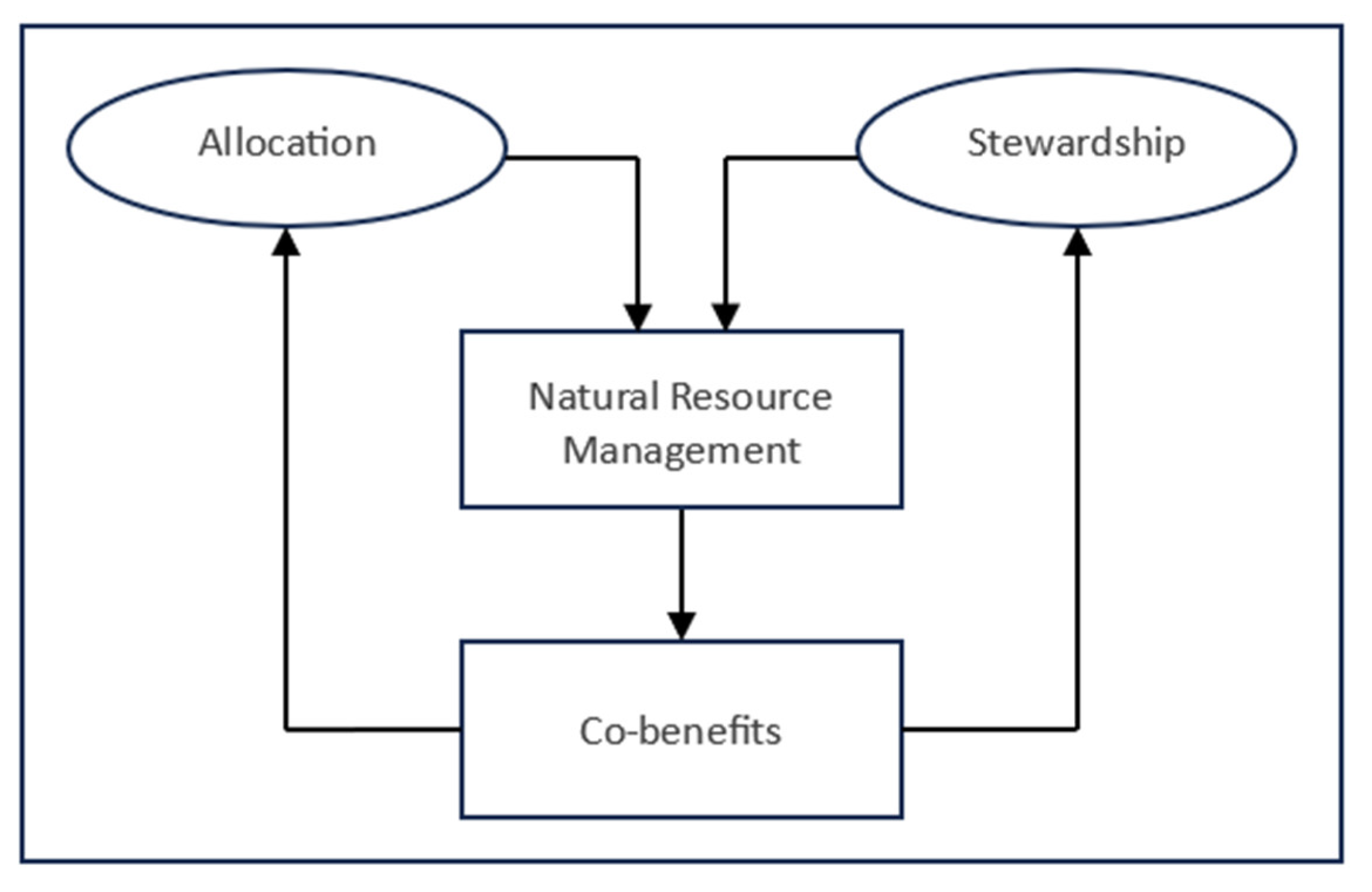
Optimizing Renewable Resources: Effective Management Strategies
Renewable resources, vital for a sustainable future, require meticulous management to harness their full potential. This article explores strategies for effective renewable resource management, emphasizing the importance of balance, innovation, and responsible practices.
The Essence of Renewable Resources:
Renewable resources encompass a variety of elements, including solar, wind, hydro, and biomass. Unlike finite fossil fuels, these resources are replenishable, making them crucial for reducing environmental impact and combating climate change.
Striking the Balance in Energy Mix:
Optimal renewable resource management involves finding the right balance in the energy mix. Integrating different renewable sources, each with its unique characteristics, ensures a stable and consistent energy supply. This diversity mitigates the intermittency associated with some renewable sources.
Innovative Technologies Driving Efficiency:
Technological advancements are pivotal in maximizing the efficiency of renewable resource utilization. From more efficient solar panels to advanced wind turbine designs, ongoing innovations enhance energy production, storage, and distribution.
Smart Grids for Intelligent Energy Distribution:
The implementation of smart grids revolutionizes the way we distribute and consume energy. Smart grids enable real-time monitoring, predictive analytics, and dynamic adjustments, ensuring efficient utilization of renewable resources and reducing wastage.
Sustainable Practices and Responsible Consumption:
Individuals and communities play a crucial role in renewable resource management through sustainable practices and responsible consumption. Conscious efforts to reduce energy waste, adopt energy-efficient technologies, and promote eco-friendly habits contribute to overall sustainability.
Government Policies and Regulatory Support:
Supportive government policies and regulatory frameworks are essential for fostering a conducive environment for renewable resource management. Incentives, subsidies, and clear guidelines encourage businesses and individuals to invest in and adopt sustainable practices.
Community Engagement and Education:
Engaging communities and raising awareness are key components of effective renewable resource management. Educational programs empower individuals to make informed choices, promoting a collective commitment to sustainable living and resource conservation.
Circular Economy Principles:
Applying circular economy principles to renewable resource management emphasizes minimizing waste and maximizing resource efficiency. Recycling, repurposing, and reusing materials contribute to a more sustainable and eco-friendly approach.
Resilience Through Diversification:
Building resilience in renewable resource management involves diversifying sources and methods. By not relying solely on one type of renewable energy, the system becomes more robust and adaptable to changes in environmental conditions.
Investing in a Greener Future:
Investments in renewable resource projects and technologies are crucial for a greener future. Governments, businesses, and individuals alike need to allocate resources to research, development, and implementation of sustainable energy solutions.
In the pursuit of a sustainable and eco-friendly future, Renewable Resource Management plays a central role. By adopting innovative technologies, promoting responsible consumption, and fostering a collective commitment to sustainability, we pave the way for a world powered by clean and renewable energy sources.


